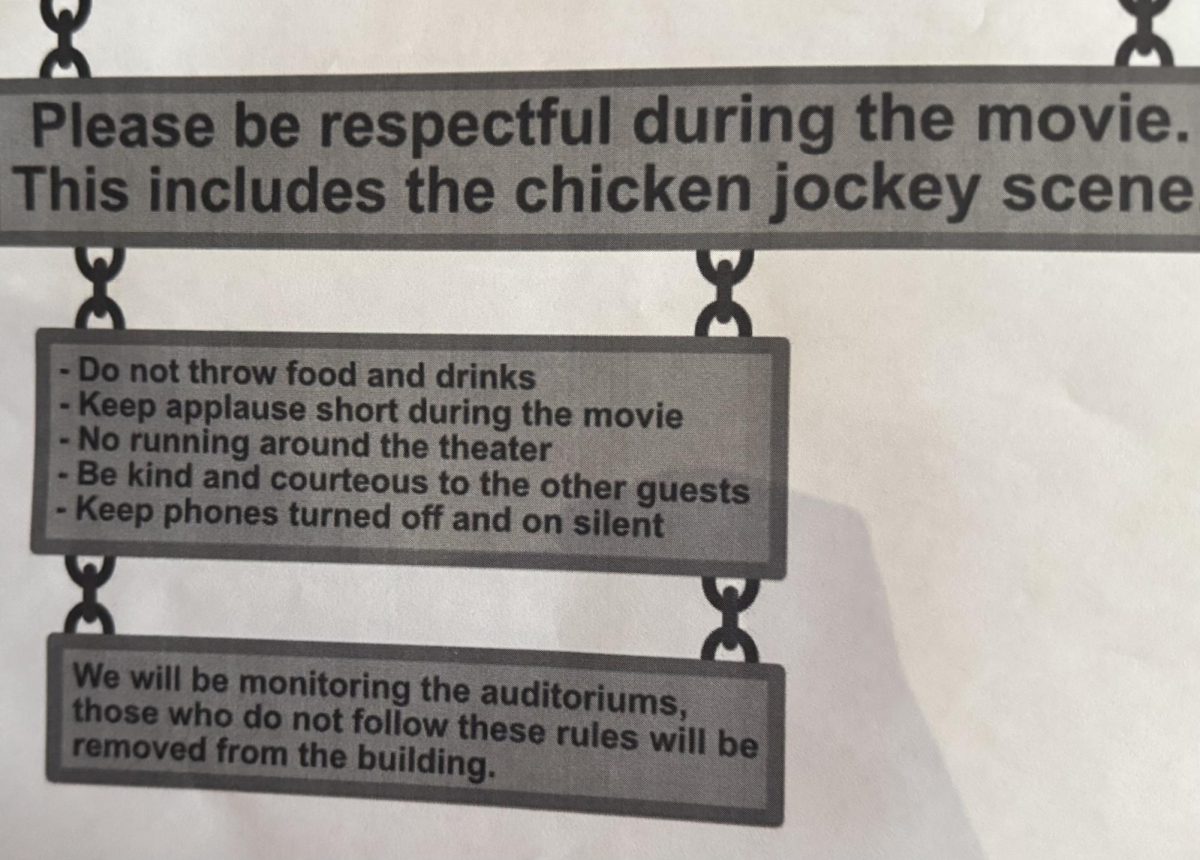In my first ever opinion piece, I write to share my views on the upcoming contingent faculty election in the hope that some of my thinking may assist others on this issue of vital concern. I am a Senior Lecturer in the department of Educational Studies, finishing my tenth year of teaching at Mac, preparing for a fall sabbatical, yet finding myself as a student cramming for an unexpected exam on a subject I hadn’t expected to study!
I have spent the past few months, and more intensely the recent weeks, reading about and discussing with colleagues the work conditions of contingent faculty in the U.S. I have now drawn the following three main conclusions about the role of unionizing for contingent faculty broadly and at Macalester specifically.
First, unionizing as a means to improve working conditions for contingent faculty may in fact be a useful and perhaps imperative tool in settings where there has been long-lasting and ongoing marginalization of contingent faculty. But this has not happened here! The working conditions at Macalester are by and large better than at most of the colleges where unions have formed. This fact is demonstrated time and again in the many publications about the current plight of adjuncts. None of their situations sound like my own or those of my colleagues. To illustrate with an anecdote, a union organizer visiting here from George Washington University reacted with awed surprise when I described the benefits, the professional opportunities, and the shared governance I have had in my 10 years at Macalester. She acquiesced that yes, perhaps a union was not of dire importance here. (This occurred when she and others stalked me outside of my classroom one Feb. afternoon, an occurrence I became accustomed to this semester. Thanks, union). Researching GW’s situation later, I saw that even post-union their overall employment conditions are not as good as ours here for adjuncts.
Second, unionizing should only happen after attempts at work condition improvements are enacted and failed. But this has not happened here! In fact, the several key improvements to contingent employment were made through shared faculty governance or through administrator initiative in just the past few years. Given the relative permanence of a union once established (the decertification process is difficult), I contend it should be a last-ditch effort, not a first attempt at upgrades. As one of my colleagues has said, unionizing now is frankly “jumping the gun.” In other words, there is room for improvement to contingent faculty employment, but a union is not the way to proceed.
Finally, unionizing is most effective if its constituents are relatively similar in job structure. But this is definitely not the case here! The multiplicity of roles played by contingent faculty is astonishing—full-time, part-time, long and short term, combined with staff duties (affectionately, “staffulty”), even recently retired, previously tenured. Even more compelling are the diverse needs and goals of this group. For every contingent faculty “wishing” for a tenure-track job, there’s another delighted to have the flexibility to focus more on teaching or to be interdisciplinary in a way the traditional tenure system has yet to reward, and yet another who is grateful to teach a single class at an esteemed institution outside of his/her full-time profession. To lump this diverse group into one category of workers who need singular representation is demeaning. Unionizing this group would be ultimately disempowering to us all.
I didn’t start the semester expecting to learn as much as I have about the current state of adjuncts in the US, the jargon around labor organizing, or how to stand up for my position at this college, but here I am. Those of you who are eligible to vote may be finding yourselves in an unexpected place as well. In the next two weeks, I hope you’ll do the appropriate research, dialogue with colleagues, and then make the choice with me to oppose a contingent faculty union on our campus.
Tina Kruse
Educational Studies







Jennifer Bell • Sep 12, 2019 at 6:53 am
What’s up to every body, itís my first pay a quick visit of this weblog; this website carries awesome and truly good data for readers.
Amelia White • Sep 11, 2019 at 12:08 am
Itís my first visit to this web site, and I am in fact astonished to see such a nice quality YouTube video posted at this place.
Leonard Mathis • Sep 9, 2019 at 5:07 am
These are in fact enormous ideas in regarding blogging. You have touched some pleasant things here. Any way keep up wrinting.
PeterPiperPizzacoupons • Jul 30, 2019 at 5:10 am
Fine post Brian how you covered all of the methods for website owners.
SkyZonecoupon • Jul 29, 2019 at 7:43 pm
Exceptional article, some a lot of hard work devote here. My personal favorite technique so far could be the your text!
Chewy coupons • Jul 29, 2019 at 10:36 am
outstanding post mate, although there is a concern with backlinking in relation to web commerce.
stockx coupons • Jul 29, 2019 at 8:27 am
Yes, nice publish but In the first step. You explained promote in order to people which you have talked about within your publishing.
freeprints promo • Jul 29, 2019 at 6:41 am
Yeah, nice articles but In as well as. You mentioned promote in order to people that you have stated inside your article.